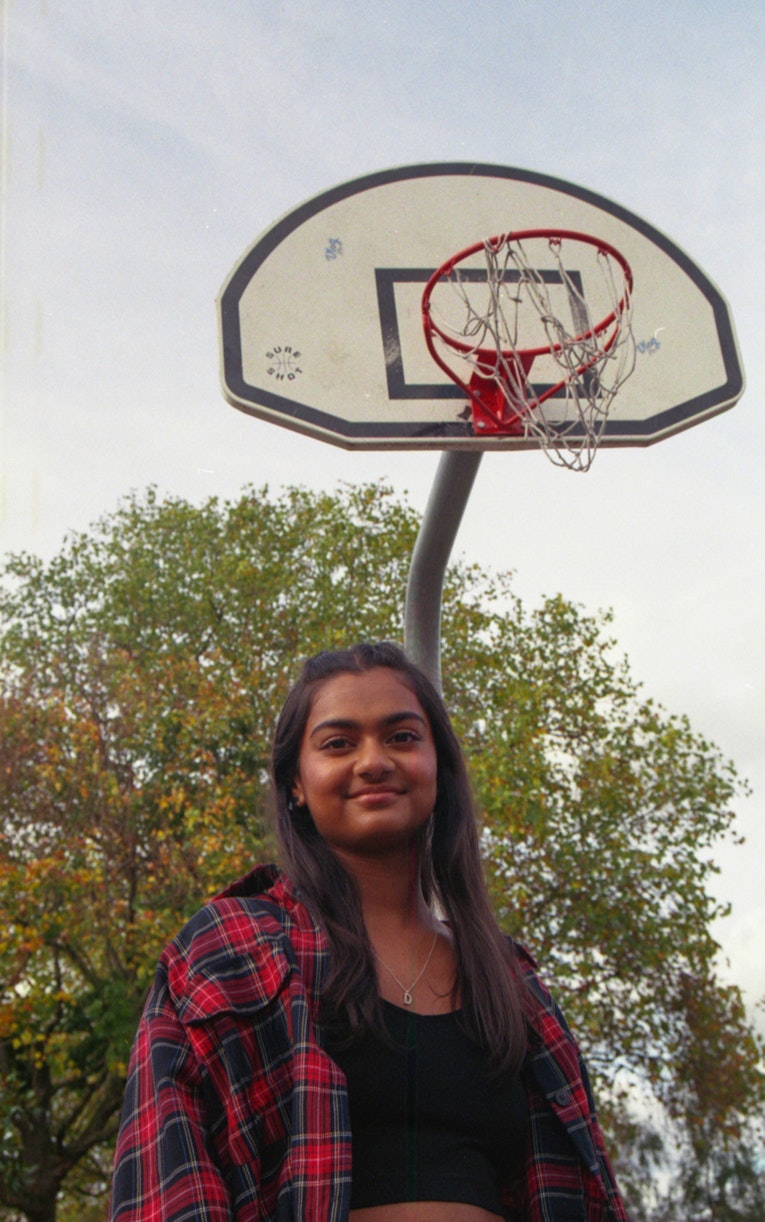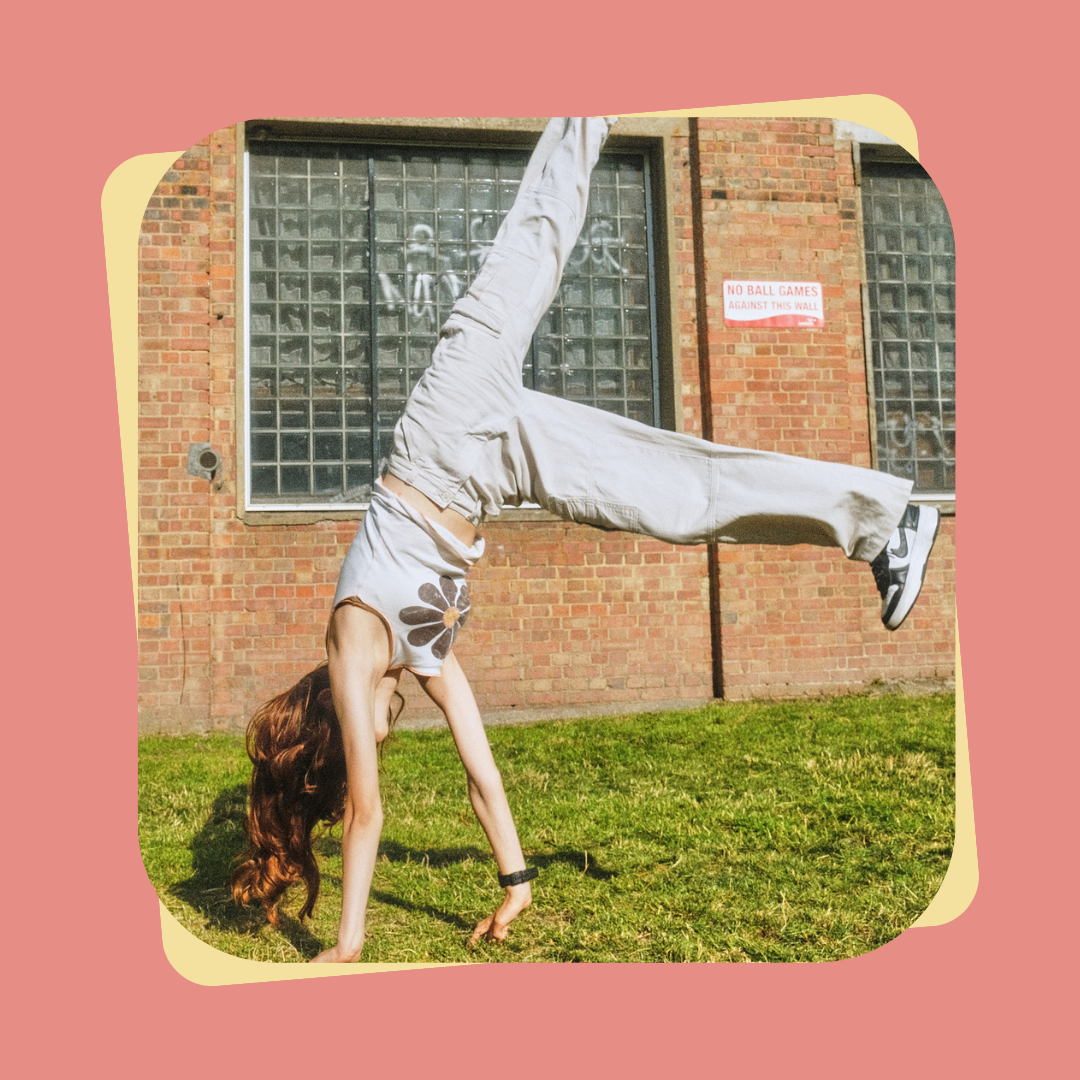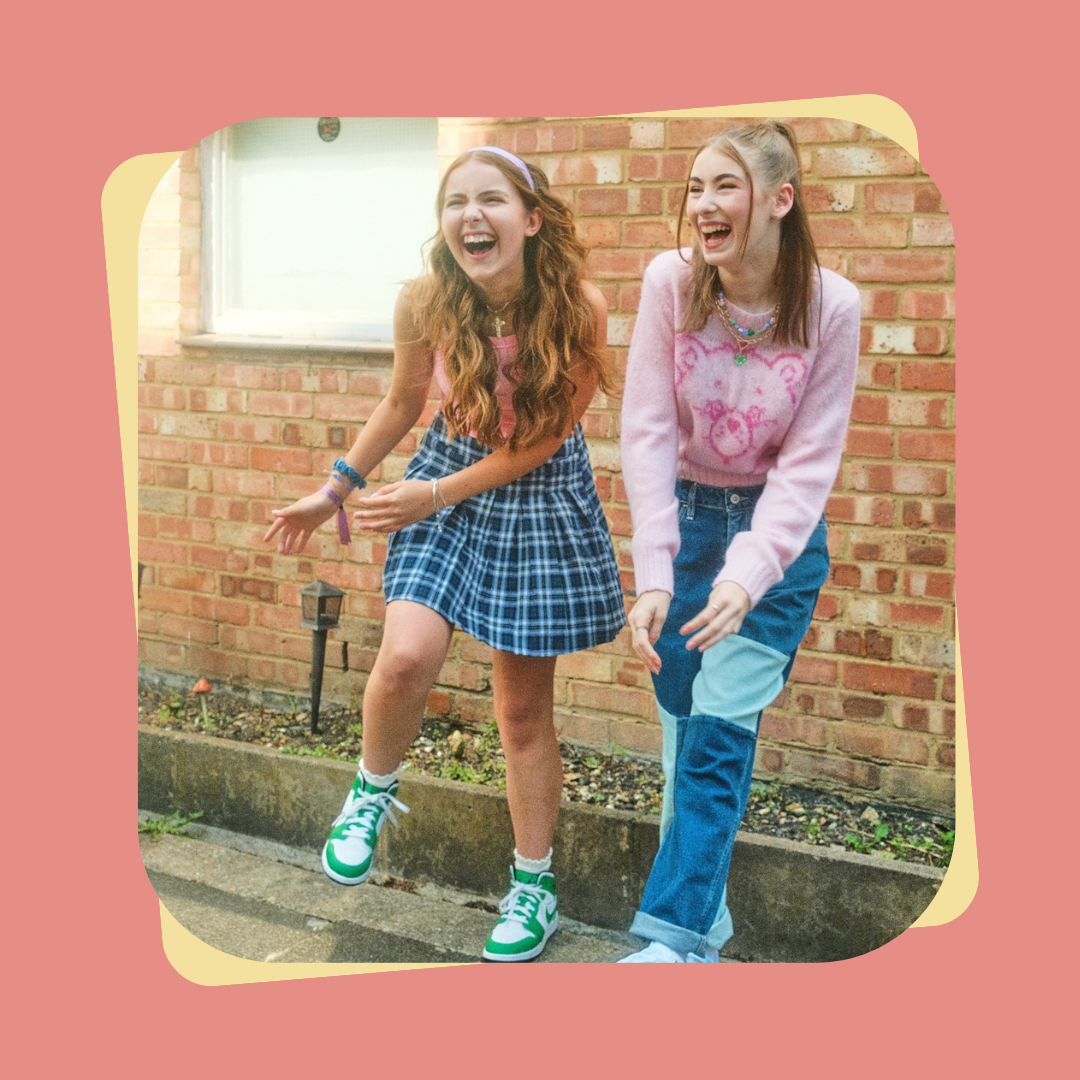
How to get into exercise
Finding the motivation to get moving

Quick summary 📝
1️⃣ Benefits of exercise: exercise improves physical health, mental wellbeing, confidence, and can help make new friends
2️⃣ Getting started: choose an activity you enjoy, set achievable goals, create a habit, and think of exercise as a social opportunity
3️⃣ Cost-effective: exercise doesn't need to be expensive; free options are things like walking to school, dancing at home, taking the stairs over a lift
4️⃣ Safety first: consult parents and a doctor before starting an exercise regime, especially if you have underlying health conditions
5️⃣ Enjoyment matters: prioritise exercise that makes you happy and is done for the right reasons to help you stay motivated

Finding the motivation to get moving can be really hard – sometimes all we want to do to feel good is sit on the sofa, phone in hand, snacks at the ready (which is totally fine!). But exercise is a really great way to improve not just our physical health but our mental health, too 💙 So, with this in mind, luna’s rounded up some ways to help you find your motivation to get moving.
Why is exercise good?
- New friends: sports are a great way to meet new people, if you choose something you’re interested in you’re sure to find lots of like-minded people 🤗
- Confidence: learning a new skill can give you a boost in confidence 💪
- Active life = healthy life: leading an active life can have countless positive effects on your physical health, in fact the NHS describe exercise as “the miracle cure we've all been waiting for” 👀
- Mental wellbeing: exercise has a positive impact on your mental wellbeing and might help you to manage stress better ❤️🩹

How to get into exercise?
- Find an exercise that you enjoy: it doesn't really matter what exercise you do, just that you do it. Swimming, running, cycling, judo, tennis, hula hooping, breakdancing…all of it counts 💯 It also doesn’t need to be intense – a 60 minute brisk walk a day works fine
- Set goals, but take it slow: it’s great to set yourself goals, or challenges, to keep you motivated – but don’t reach too far, too quickly 🙅 If you’ve set a big goal, like running a big race, you should break it down into smaller goals. You might start by walking around the block and work towards jogging home
- Make a habit of it: if you make a habit of working out, it’ll become much easier over time to stay motivated. One study has shown that 66 repetitions of a certain activity can help it become ‘automatic’ – that’s 3 times a week for 22 weeks.
- You don't need to spend money: exercise does not need to cost you 💸 You don’t need workout clothes or a gym membership – just motivation. Some free, everyday options could be taking the stairs, not a lift or escalator, walking to school, or putting your headphones in and learning a new dance 💃
- Think of exercise as socialising: you can meet new friends, share a passion for something new, have a good time, laugh and be active together! Plus, others will motivate you to keep going 👭

To be on the safe side, you should speak to your parents and your doctor before taking on a new exercise regime. Exercise is healthy and beneficial for most young people but some will need a review by a doctor before becoming more active. This is especially important if you have an underlying health condition.
Finally, you only need to do a certain exercise regime if it’s making you happy and it’s for the right reasons ✨ Don’t push yourself too hard, and remember to have fun out there!
How we created this article:
luna's team of experts comprises GPs, Dermatologists, Safeguarding Leads and Junior Doctors as well as Medical Students with specialised interests in paediatric care, mental health and gynaecology. All articles are created by experts, and reviewed by a member of luna's senior review team.
Sources:
NHS 'Exercise health benefits'
https://www.nhs.uk/live-well/exercise/exercise-health-benefits/Believe Perform 'How long until exercise becomes a habit'
https://believeperform.com/how-long-until-this-becomes-a-habit/NHS 'Physical activity guidelines for children and young people'
https://www.nhs.uk/live-well/exercise/exercise-guidelines/physical-activity-guidelines-children-and-young-people/